Introduction
This Ultimate Guide to Pembroke Welsh Corgi covers all you need to know about this breed
- Discover the rich history behind these iconic and beloved herding dogs
- Learn about their lively, affectionate temperament and suitability as family pets
- Explore essential grooming tips to keep their double coat looking neat and clean
- Find out the key health issues common in Pembroke Welsh Corgis and how to manage them
1. Understanding the Pembroke Welsh Corgi Breed: Traits and Temperament
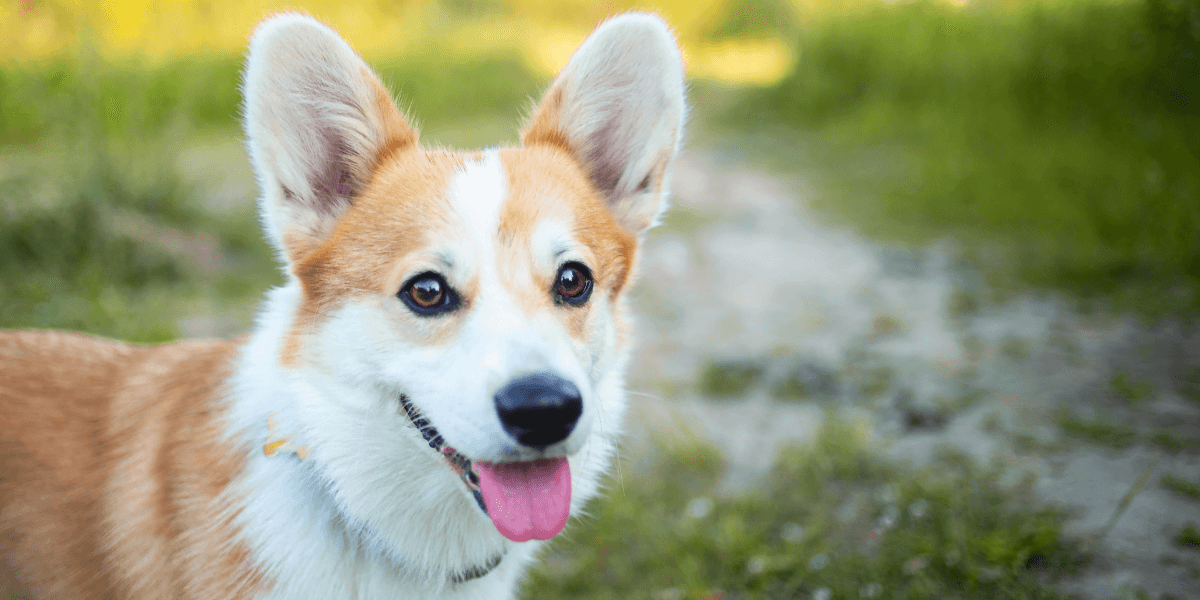
It's important to understand what makes Pembroke Welsh Corgis unique
These dogs are small, sturdy, and highly energetic
Originally bred for herding, they’re known for being intelligent and fiercely loyal
Here’s a quick overview of their key characteristics:
- Size: Small, typically weighing between 25-30 pounds
- Temperament: Corgis can be quite independent and are known for their strong will
- Energy Levels: High – they require regular exercise and mental stimulation
- Grooming Needs: Moderate – regular brushing and occasional professional grooming sessions are recommended
These traits will guide your approach to their care
Making it easier to cater to their specific needs
2. Grooming Essentials for a Healthy Corgi Coat
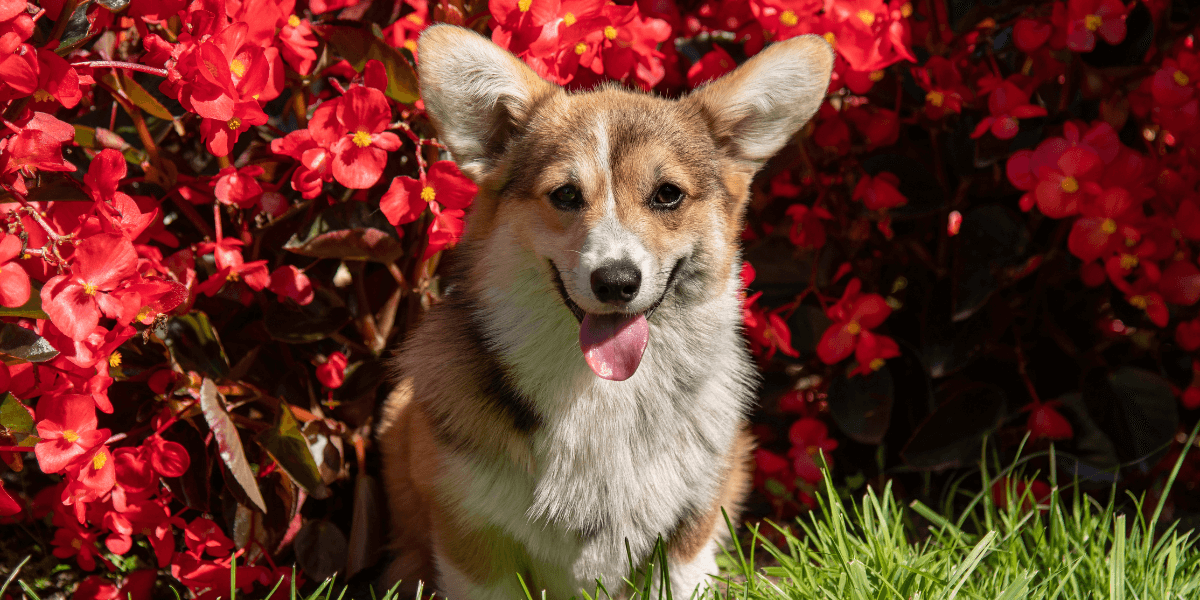
Pembroke Welsh Corgis have a double coat that sheds year-round
With more intense shedding during seasonal changes
Proper grooming not only keeps your Corgi looking sharp but also reduces shedding
Best Practices:
- Brushing: Use a slicker brush or de-shedding tool at least twice a week
- Bathing: Bathe your Corgi every 6-8 weeks. Avoid over-bathing as it can dry out their skin
- Nail Trimming: Trim nails every 3-4 weeks. Long nails can cause discomfort and walking issues
- Dental Care: Brush their teeth 2-3 times a week to prevent dental diseases
Pro Tip:
- Regular ear checks are crucial to avoid infections
- Clean ears gently using a dog-safe ear cleaner and cotton balls
3. Diet and Nutrition: Feeding Your Corgi for Optimal Health
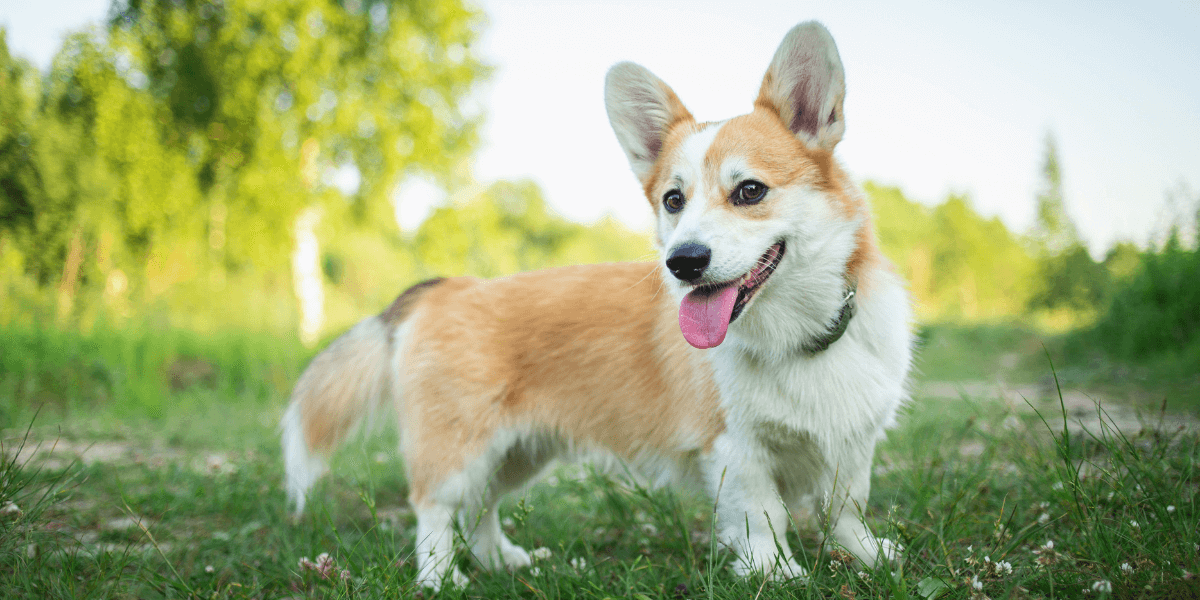
A balanced diet is the cornerstone of your Corgi’s overall health
Due to their small stature and high energy levels
Pembroke Welsh Corgis require nutrient-rich food that maintains their weight
Feeding Guidelines:
- Portion Control: Feed them according to their weight, age, and activity level
- High-Quality Food: Choose premium dog food that lists meat as the first ingredient and is free from fillers
- Treats: Treats are great for training but should be given in moderation
4. Exercise and Mental Stimulation: Keeping Your Corgi Fit and Happy
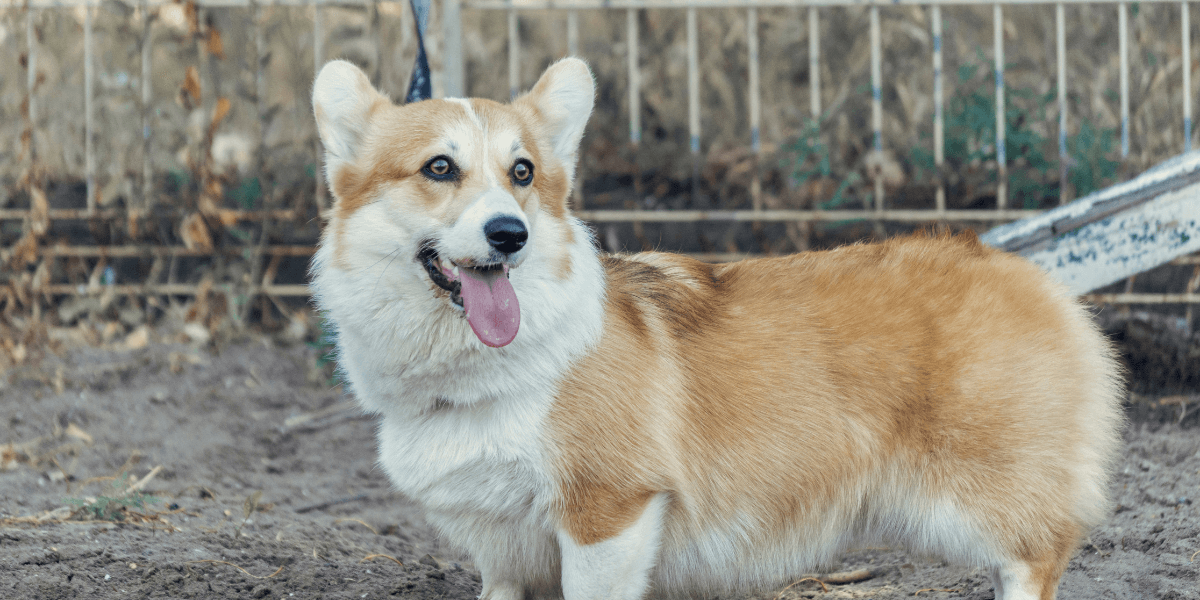
Pembroke Welsh Corgis are active dogs that require daily exercise.
Without proper outlets for their energy, they may develop destructive behaviors
Exercise Tips:
- Daily Walks: Aim for at least 30-45 minutes of walking or outdoor play daily
- Herding Activities: Tap into their herding instincts with structured games like fetch or agility training
- Mental Stimulation: Puzzle toys and interactive play are excellent for keeping their minds sharp
Pro Tip:
- Be mindful of their backs
- Jumping from high places or excessive stairs can strain their spines
Learn how the best orthopedic beds for Great Danes can also support your Pembroke Welsh Corgi’s fitness and comfort!
5. Training Your Corgi: Building Good Habits and Social Skills

Corgis are intelligent and eager to please.
making them relatively easy to train – as long as you stay consistent and patient
However, they can be independent, so early training and socialization are key
Training Focus Areas:
- Basic Commands: Start with simple commands like sit, stay, and come
- Leash Training: Corgis are natural pullers due to their herding instincts
- Crate Training: Crate training helps with housebreaking and provides them a safe space
- Socialization: Expose your Corgi to different environments, people, and other animals
Common Challenges:
- Barking: Address excessive barking by ensuring they’re well-exercised and mentally stimulated
- Stubbornness: Be firm but gentle, Use rewards rather than punishment to reinforce good behavior
6. Health and Common Issues: What to Watch Out For

Like any breed, Pembroke Welsh Corgis are prone to specific health issues
Common Health Concerns:
- Hip Dysplasia: Regular exercise and joint supplements can help manage or prevent this condition
- Intervertebral Disc Disease (IVDD): This spinal issue is common in breeds with long backs
- Obesity: Keep their weight in check with portion control and regular exercise
Preventive Care:
- Schedule regular vet visits for checkups and vaccinations
- Brush their teeth and provide dental chews to prevent gum disease
- Keep an eye on any changes in appetite, energy, or behavior – early detection is key
Explore if Bernese Mountain Dogs and family life share tips to ensure a happy home with your Corgi!
7. Living with a Pembroke Welsh Corgi: Tips for a Happy Home
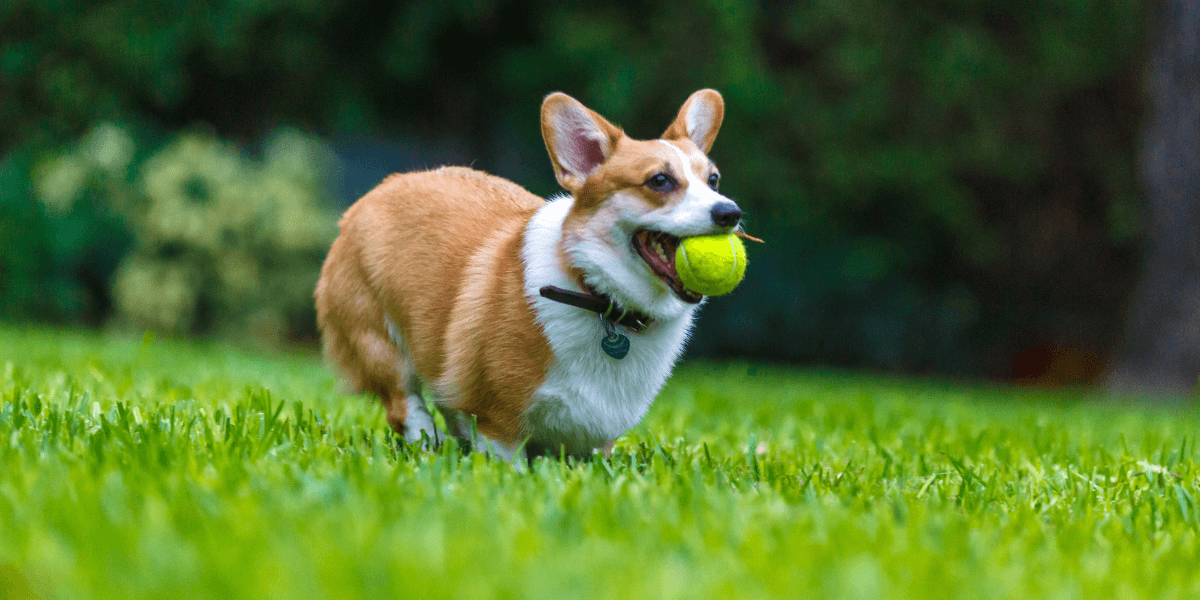
Welcoming a Pembroke Welsh Corgi into your home comes with both joy and responsibility.
These dogs thrive in environments where they feel part of the family and are mentally
Home Setup Tips:
- Dog-Proofing: Ensure your space is safe for curious paws by securing loose wires
- Comfortable Bed: Provide a supportive dog bed to protect their joints
- Consistent Routine: Corgis thrive on structure. Establish consistent feeding, walking, and playtimes
Socializing and Bonding:
- Spend quality time with your Corgi – they love being included in family activities
- Arrange playdates with other dogs to keep their social skills sharp
Check out German Shepherd Dog grooming tips to keep your Pembroke Welsh Corgi neat and tidy!
FAQs
1. What is the history of the Pembroke Welsh Corgi?
-
Discover the breed's origins and historical significance
2. What are the main characteristics of Pembroke Welsh Corgis?
-
Learn about their size, coat, and personality traits
3. How do Pembroke Welsh Corgis fit into family life?
-
Understand their suitability for families and children
4. What is covered in the Ultimate Guide to Pembroke Welsh Corgi?
-
Explore the comprehensive topics included in the guide
5. What are common health issues in Pembroke Welsh Corgis?
-
Find out about the health problems to watch for and prevent
6. How do you train a Pembroke Welsh Corgi effectively?
-
Get tips for successful training methods and techniques
7. What is the best diet for Pembroke Welsh Corgis?
-
Learn about the nutritional needs and food recommendations
Conclusion
- This Ultimate Guide to Pembroke Welsh Corgi will give you all the key details
- Learn the fascinating history and origins of these charming herding dogs
- Discover the unique characteristics that make Pembroke Welsh Corgis special
- Get insights into their playful and affectionate nature, perfect for families
- Find essential grooming tips to keep their distinctive coat in top shape
- Explore common health issues and preventative care for a happy, healthy Corgi
- Understand training techniques to harness their intelligence and eagerness to please
- Learn about their exercise needs to keep them active and mentally stimulated
If you found this guide helpful, feel free to share it with fellow Corgi lovers!
Have tips or questions of your own?
Leave a comment below – we’d love to hear from you!
References
For more information on the Ultimate Guide to Pembroke Welsh Corgi, check:
- Ultimate Guide to Pembroke Welsh Corgis: Breed Information & Care
- The Best Joint Supplements for Dogs with Hip and Joint Pain
- The Complete Guide To Pembroke Welsh Corgis
- The Ultimate Guide to Pembroke Welsh Corgi
- Common Causes of Hip and Joint Pain in Dogs?
Thank you!




